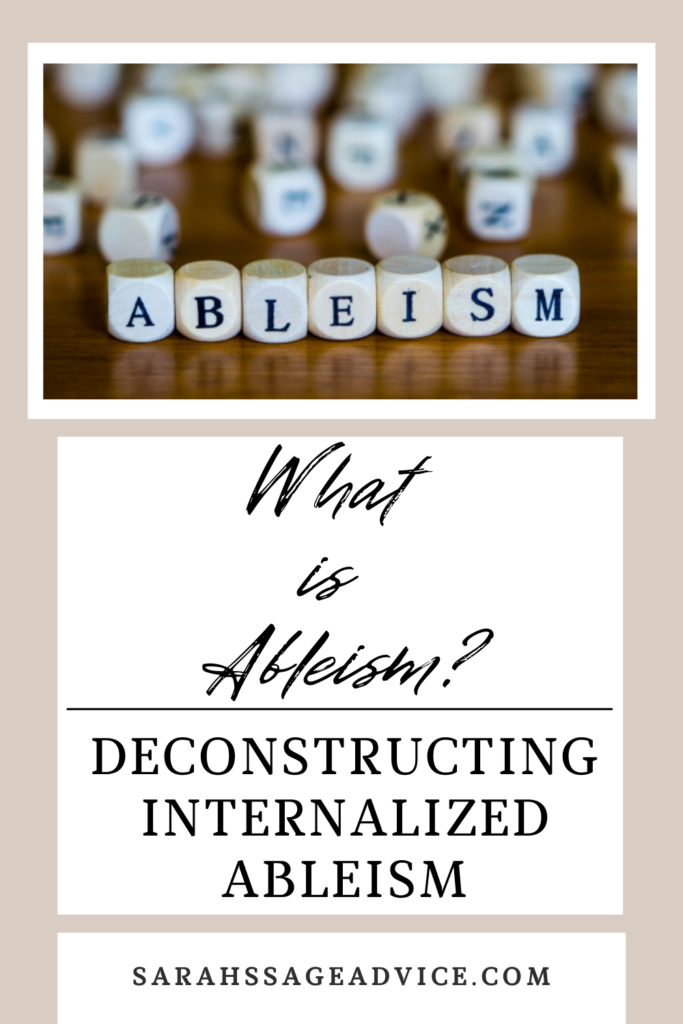Two years ago, my daughter was diagnosed on the Autism Spectrum. At the time of this diagnosis, I did have some knowledge about Autism but not much. I had extensive experience working with adults with Downs Syndrome and through that experience have met many autistic adults as well through shared activities. Those shared activities were planned for individuals with very high support needs. This means the individuals I came in contact very much fit within the stereotypes you hear every day. I never understood how vast the spectrum is.
- I did not know that autism looks differently often between boys and girls.
- I did not know that much of the research on autism is only on boys.
- I did not know that functioning labels were problematic.
- I did not know that traits of autism can be so wide ranged on that spectrum. Some kids may give eye contact fine, some may not. Some can speak freely; others are non-verbal or may go non-verbal at times of high stress.
- I did not know that masking was a thing and autistic individuals could cover up their traits to fit into societal norms, but that masking is incredibly taxing.
- I did not know that so many adults were autistic but were never diagnosed and are not finding out this fact as adults. Many, like myself, not knowing until their child is diagnosed.
How does this come into play when deconstructing internalized ableism?
What is ableism?
Ableism is discrimination in favor of able-bodied people. Ableism can be seen in many if not all societal environments. It could be the law office that will not provide documents in braille, a panel being hosted on a stage that is not accessible to all, an employee speaks to their boss’s interpreter rather than their boss, and so much more.
How is ableism visible in context to Autism?
- Non-autistic society determines that various traits of autism are undesirable. Measuring those traits on whether they are useful in society or not.
- Autistic characteristics being perceived as no to little worth in an economic, intellectual, communicational context deems them undesirable or disposable.
- Not listening to the autistic community because you think non-autistic people know more or can help more than those who are also autistic.
- Not wanting a “label” for your child.
- Avoiding calling someone “disabled” instead using “differently-abled,” or “special needs.”
- Telling an individual, they don’t “look autistic”
How can you deconstruct some of your own internalized ableism?
Take the time to understand disability and listen to those in the community. Whether it is listening to deaf individuals, autistic individuals, individuals with a chronic illness, etc. It’s best to listen and respect what they say.
Work on changing your mindset around disability. Disability is not a bad word. All it tells you is that this person deals with struggles in society because society is not built for them. Look into the social construct of disability.
Realize like many of the other ‘isms’ we deal with everyday as a society it will not happen overnight. Fighting racism, sexism, and ableism will take time. But being aware of your own internalized ableism you’ll be able to stop, think, and redirect thoughts, behaviors, and ideologies to be more inclusive and accepting.
Sarah
Similar Posts:
National Autism Awareness Month
Common Misconceptions About Autism


